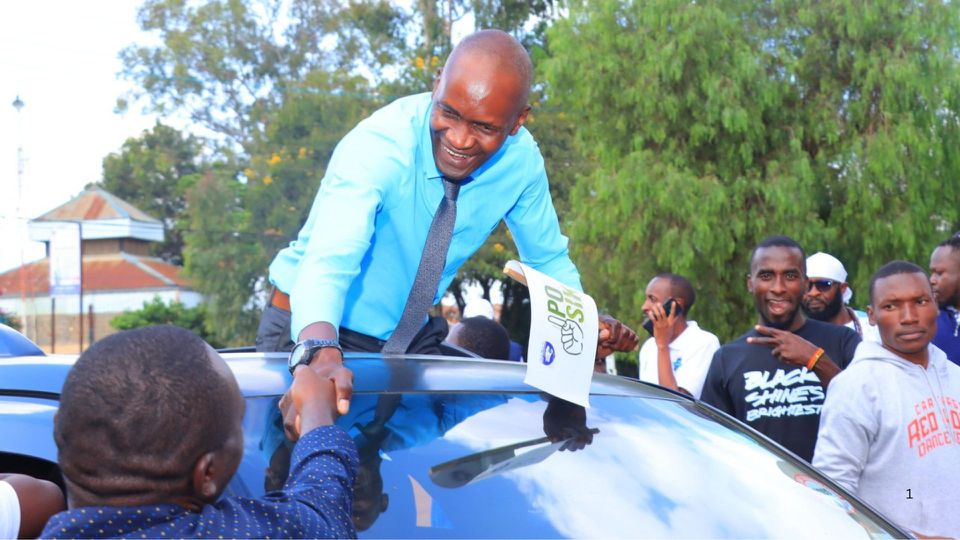AFC Leopards have announced ambitious plans to upgrade their training ground at the Kenya School of Law (KSL) to international standards, with the aim of supporting Kenya’s preparations for the 2027 Africa Cup of Nations (AFCON). The country will co-host the tournament alongside Uganda and Tanzania, and quality training facilities will be essential to its success.
When Boniface Ambani took over as chairman of the club, he found no proper training center, wasted resources, and a team without a true home. To him, this reflects the wider struggles of Kenyan football, where most clubs lack professional infrastructure. His vision is to change that by transforming AFC Leopards into a model club with modern facilities.
One of his first moves in office was to revive a forgotten partnership with KSL. Previously, the club had been paying almost 12,000 shillings daily to use Starehe Boys’ facilities for two hours, an annual bill of nearly 4.6 million. By returning to KSL, where daily costs are now 1,600 shillings, the club will spend around 560,000 shillings a season. A one-time investment of 500,000 shillings was used to renovate the facility, making it ready for long-term use.
Ambani argues that while cost-saving is important, the bigger goal is sustainability and readiness for AFCON. He warns that Kenya’s biggest weakness lies in its shortage of quality training venues. During past tournaments, visiting teams could not be accommodated properly because training pitches were either unavailable or below standard.
He stresses that AFCON teams will not use the main match venues for training, as those pitches must be preserved. Therefore, smaller but fully equipped facilities like KSL will be crucial. With additional upgrades, Ambani believes KSL can meet international requirements and serve both AFC Leopards and the nation during AFCON.
Looking ahead, he envisions AFC Leopards operating like North African giants such as Al Ahly and Raja Casablanca, which have invested heavily in infrastructure and professionalism. He hopes that by leading through example, Leopards can inspire broader reforms in Kenyan football.
Ambani’s plan is more than just a club project; it’s a statement about national readiness. If existing facilities are renovated and strategically managed, Kenya can not only stage a successful AFCON in 2027 but also build a legacy that elevates local football for generations.

